EU agrees new Iran sanctions, tops up Ukraine's arms fund
"We'll take any action to support young women and peaceful demonstrators," the bloc's foreign policy chief says.
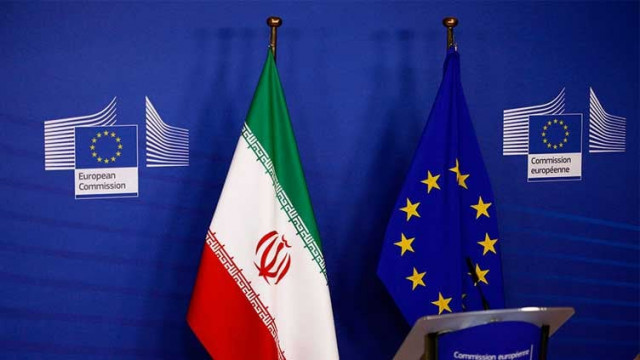
European Union foreign ministers on Monday imposed new sanctions on Iran over its crackdown of anti-government protests and its drone deliveries to Russia.
The EU "will take any action we can to support young women and peaceful demonstrators," the bloc's foreign policy chief Josep Borrell said.
Tehran on Monday executed a second man involved in anti-government protests that have turned into a popular revolt by Iranians from all layers of society, posing one of the biggest challenges to the Shi ite clerical elite since the 1979 Islamic Revolution.
"With this sanctions package, we are targeting in particular those who are responsible for the executions, the violence against innocent people...these are especially the Revolutionary Guards," German Foreign Minister Annalena Baerbock said.
Twenty individuals and one entity were sanctioned over human rights abuses, while four more people and as many entities were added over the issue of drones. Sanctions include an asset freeze and a travel ban to the EU.
In a statement, the ministers said: "The European Union strongly condemns the widespread, brutal and disproportionate use of force by the Iranian authorities against peaceful protesters, including women and children, leading to the loss of hundreds of lives".
The bloc also criticised Iran over drone deliveries to Russia.
Also read: Fire guts second Moscow region shopping centre in four days
"These weapons provided by Iran are being used indiscriminately by Russia against Ukrainian civilian population and infrastructure causing horrendous destruction and human suffering," the statement said.
Western powers have also said that they continue to see provision of Iranian drones to Russia and believe Tehran will also soon supply ballistic missiles.
Iran has said it shipped a small number of drones to Russia before its invasion of Ukraine. Russia has denied its forces have used Iranian drones to attack Ukraine.
Separately, the EU ministers also agreed on Monday to put another 2 billion euros ($2.1 billion) into a fund that has been used to pay for military support for Ukraine, after it was largely depleted during almost 10 months of the war.
More top-ups may be possible at a later stage.
"Today s decision will ensure that we have the funding to continue delivering concrete military support to our partners armed forces," Borrell said.
Ministers were also set to discuss a ninth package of Russia sanctions.
However, it remained unclear whether Hungary would block these decisions, resorting to what diplomats have denounced as "blackmail diplomacy" due to a dispute over locked EU funds for Budapest, or if it could be agreed on later on Monday or Tuesday.
Also read: Indian, Chinese troops suffer minor injuries in border clash on Dec 9
Foreign ministers also paved the way for a three-year military mission to Niger, with 50-100 troops at first and later up to 300 to help the country improve its logistics and infrastructure.
One of the poorest countries in the world, Niger is seen as being at risk of a possible spillover of violence from neighbouring Mali, where Islamist militants are gaining ground following the withdrawal of French and other European forces.


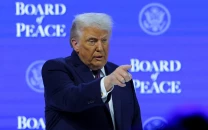
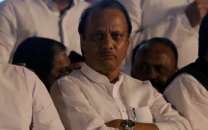
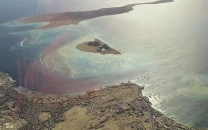
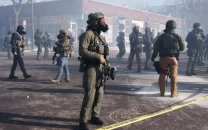
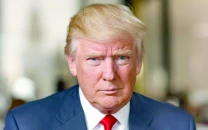












COMMENTS
Comments are moderated and generally will be posted if they are on-topic and not abusive.
For more information, please see our Comments FAQ